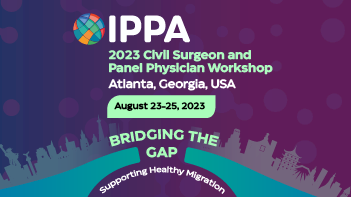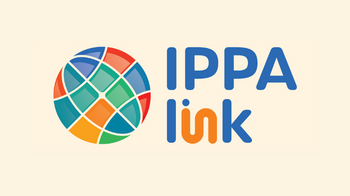Our Work
The International Panel Physicians Association (IPPA), collaborates with government partners, including the United States' Centers for Disease Control and Prevention (CDC) and the governments of Australia, Canada, New Zealand and the United Kingdom to present educational and training opportunities for Panel Physicians and healthcare professionals who conduct immigration medical examinations (IME's).
IPPA offers specialized training for implementing the Technical Instructions in practice and also provides opportunities for Panel Physicians to learn how to become better leaders and managers. Our educational programs allow participants to explore the challenges and solutions relevant to their practice through active and competency based learning methods. IPPA creates opportunities for delegates to directly interact with health and migration experts, Consular Officers, and other professionals in a collegial educational environment.
Collaboration for Capacity
Panel Physicians implement public health requirements for diagnosing and managing Tuberculosis. Panel sites deal with practical complexities of TB prevention, infection control, contact management, diagnosis and treatment for migrants, through private programs and in collaboration with local networks of healthcare workers and specialists. Their scope of work includes clinical management, direct digital radiological investigation, interferon gamma release assay (IGRA), rapid liquid culture systems, fluorescent staining systems, molecular biology for species identification, drug susceptibility testing (DST), directly observed therapy (DOT) and surveillance. Panel Physician screening sites also uphold international standards for treatment delivery by training healthcare workers globally in DOT. Treatment for TB disease is provided by the Panel Physician or through a referral in partnership with National Tuberculosis Programmes (NTPs), depending on capacity and national regulations. Read about how panel physician programs contribute to tuberculosis control through capacity building from representatives of the Immigrant and Refugee Health Working Group.





